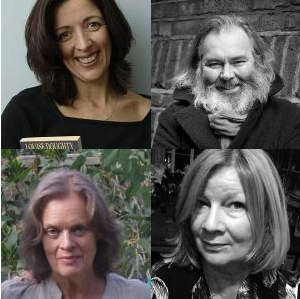Creativity and Leadership – A Guest Post by Trevor Waldock
We are delighted to share this guest post by Trevor Waldock. Trevor is one of the best-known, and best-respected, executive coaches in Europe and has worked at the most senior level in organisations across all sectors. The author of Doing the Right Thing – Getting Fit for Moral Leadership, he is also the founder of Emerging …








